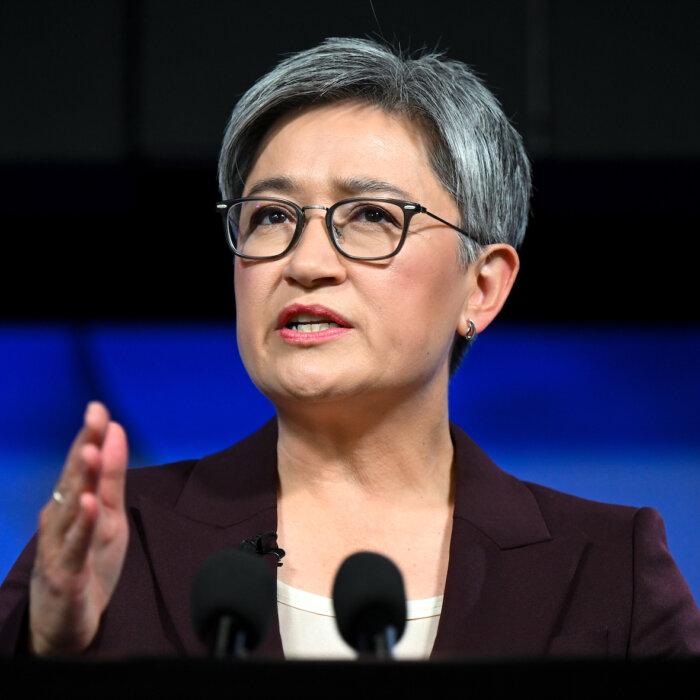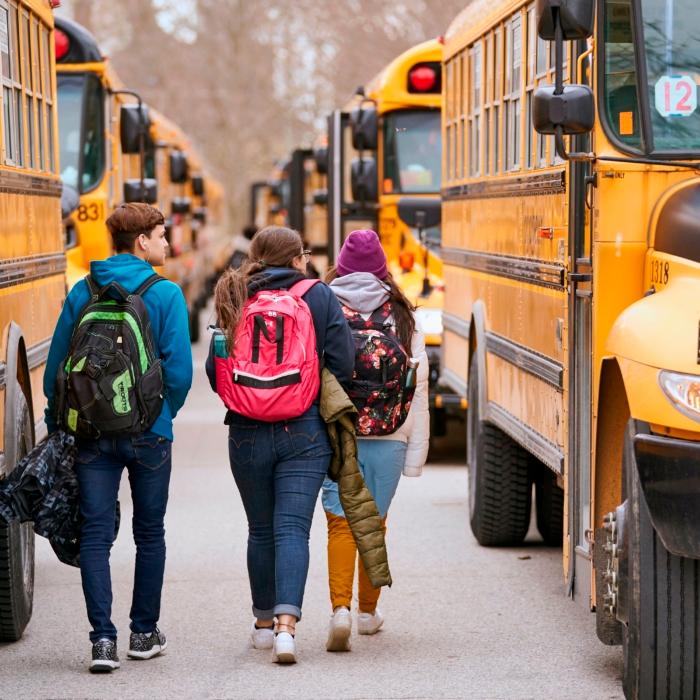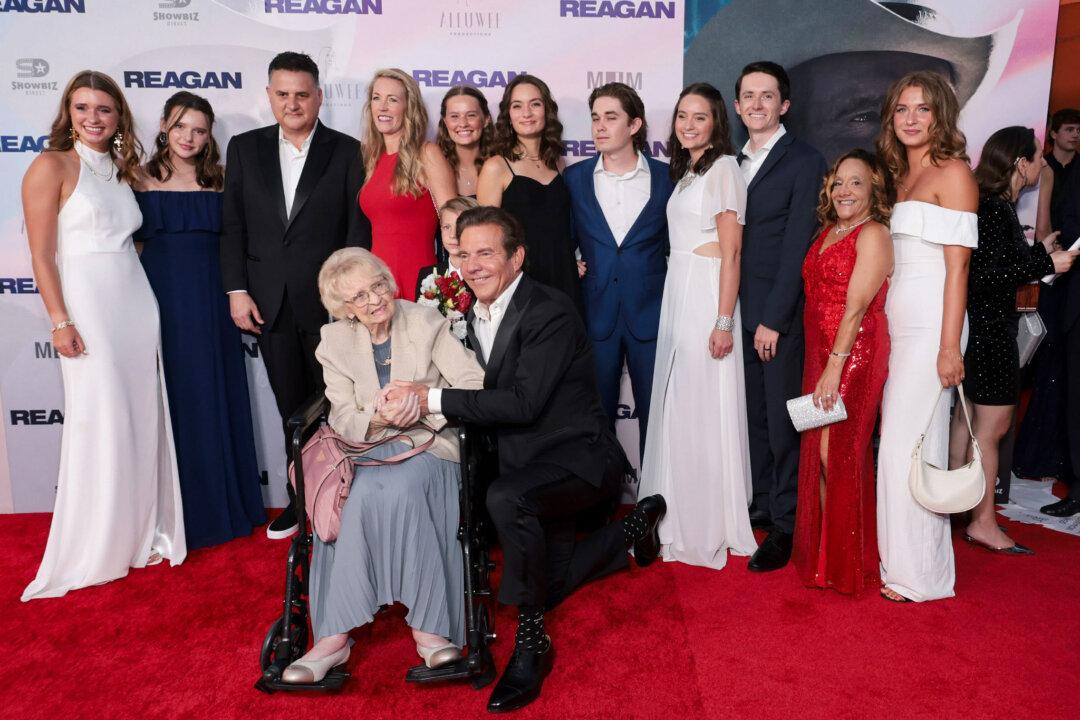The film centers on Manisha, an academically gifted student from a rural village in South India. Her journey highlights the transformative power of education and the sacrifices parents make to secure their children’s futures. Manisha’s story also sheds light on the challenges faced by students in under-resourced educational systems around the world.
“She’s an 11-year-old girl who has a dream of becoming a doctor. But coming from a rural village in South India, that dream is almost impossible, considering her background,” Ms. Angel said.
The story resonated with Ms. Angel, who hails from the same state in India as the girl.
“This is so important, and it was also so empowering for me because my mom and my dad have been supportive of my journey, my education journey. And now that I can tell that story to all of these people with Vibha to empower children and women is just amazing,” she said, expressing the importance of attentive and involved parents.
“If these children, if the common population is taught English as well, I feel like it gives them [the] confidence to not just think of their vicinity, to not just think of things around them but [to] think of the world opportunities in the entire world.”
“We come from this background of having access to quality education. And I think we need to go a step further,” she said.
Emphasizing the link between education and social mobility, Ms. Angel explains, “I always think about when kids go to public school. When they graduate, will they be able to stand against AI? Will they be able to stand against joblessness? Will they be able to read and write contracts if they want to do gigs?”
The data from the same study on college degree attainment and income disparities in the United States showcase the economic benefits of education but also reveal barriers that many face in accessing quality education. As of 2021, 48 percent of the U.S. population aged 25 and older held a college degree. On average, individuals with a bachelor’s degree earned approximately 66 percent more than those with a high school diploma.
Highlighting the importance of essential language skills in education, Ms. Angel describes these skills not just as academic requirements but as a foundation for life success and participation in a globalized world. English, as a common language of communication, is presented as a tool for broader opportunities in higher education and the workforce.
The documentary’s screening attracted leaders from various sectors who support efforts to equip children with essential language skills, including members of the media and local politicians.
Stella Escobedo, a journalist and social media personality, attended the film’s screening.
“Education is important no matter what country you live in,” Ms. Escobedo told The Epoch Times. “I tell my children all of the time that they need to learn to read, write, and do math to be great thinkers. If they’re great thinkers, they can accomplish anything.”
She continued explaining that the film resonated with her: “I’m an immigrant to this country, and English was my second language.”
Ms. Escobedo immigrated to the United States from Uzbekistan when she was a child. She stressed the opportunities are there, but raising children requires supportive and involved parents to empower future generations.
“I don’t take America’s education for granted. But I do thank my parents for always being involved and making sure education was a priority,” she said.
Ms. Angel notes the timeliness of her film, describing the U.S. education system as one of “the best in the world.” Nevertheless, she said, “It’s up to every individual to use their opportunity. It’s up to the students.”







